Table of Contents
If you want to conceal your IP address and encrypt your device’s Wi-Fi connection to increase browsing security, Virtual Private Networks (VPNs) are the ideal choice.
While VPNs are excellent for accessing blocked movies and television shows on streaming services and other geo-restricted sites, they aren’t always secure.
VPNs are not always reliable, they block you from specific websites and even sell your information to third parties. This post will include the best economic and powerful VPN alternatives.
WHAT IS A VPN?
A virtual private network (VPN) is to keep your online identity and data confidential, regardless of whether you’re at work, at home, or using public Wi-Fi.
We consider VPNs as ‘bridges or tunnels’ that protect your data from potential attackers. Using a VPN will make you virtually untraceable because it masks your IP address so that no one can track you down.
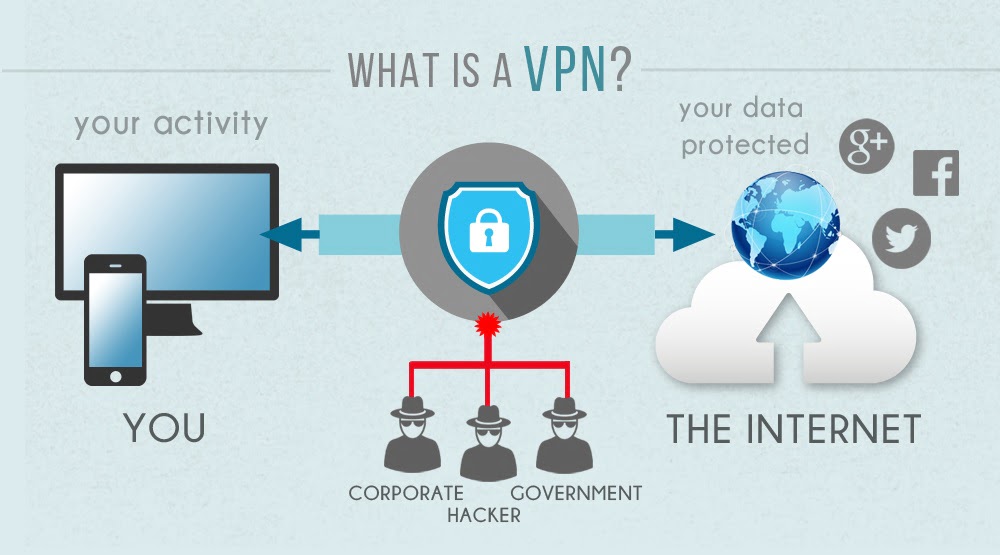
A VPN is a type of virtual private network that keeps your online data private and your identity secure. It hides your IP address, making your online activities tough to track. You can create your own VPN server to connect multiple devices.
HOW DOES VPN WORK?
Before we compare and contrast VPN alternatives, we should quickly go over how a VPN works. A virtual private network allows you to change your IP address and virtual location by rerouting your connection.
When you go online, your data is encrypted and sent to your ISP by a VPN app. The VPN app then decrypts it so you can use it anywhere. The VPN application encrypts your data and sends it to your ISP, which allows you to connect to the internet.
You can then decrypt it to decode the message so it can be decoded by someone you send it to with a decoder ring. If someone intercepts your message (e.g., your login details for your checking account), they won’t be able to decode it because it will just look like gibberish to them.
The same applies to data sent back to you: The VPN encrypts it before sending. This is beneficial if you wish to circumvent regional restrictions or blocks, including China’s Great Firewall, or if you want to bypass regionally locked Netflix libraries.
Traveling and your bank restricting domestic IPs from accessing its website is another example of why VPNs are helpful.
WHY SHOULD YOU USE VPN ALTERNATIVES?
You may wonder why you want to utilize VPN alternatives if VPNs are capable of everything. The most straightforward answer is also the most economical: money.
While some VPNs are pretty inexpensive—there are also free ones, but most of those are scams—you will spend at least $40-$50 annually to use one. It might go even higher.
For example, ExpressVPN costs $100 annually. The black-box nature of VPNs makes it difficult to gauge just what happens to your data, which is why it is essential to do your research.
While most companies assert no-log VPNs that do not keep any of your data, law enforcement cooperation has made us skeptical of such claims over the years.
THE 5 BEST VPN ALTERNATIVES
VPNs are not the only way to access geo-blocked content, protect your IP address, or increase security, although they have their uses in various fields.
Here are the most excellent VPN alternatives that offer comparable functions and, in some cases, at a lower or no charge!
1. SMART DNS
SmartDNS is a beautiful service that allows you to access restricted websites. Your Domain Name Server (DNS) is used in this process, acting as a proxy server that redirects your internet traffic via a remote server, preventing you from being detected by your IP and location.
However, SmartDNS doesn’t route all your network traffic through its remote servers as a proxy server and other VPN alternatives would. Instead, it mostly redirects DNS queries to them.
DNS make requests when a user’s device requests information from a server.
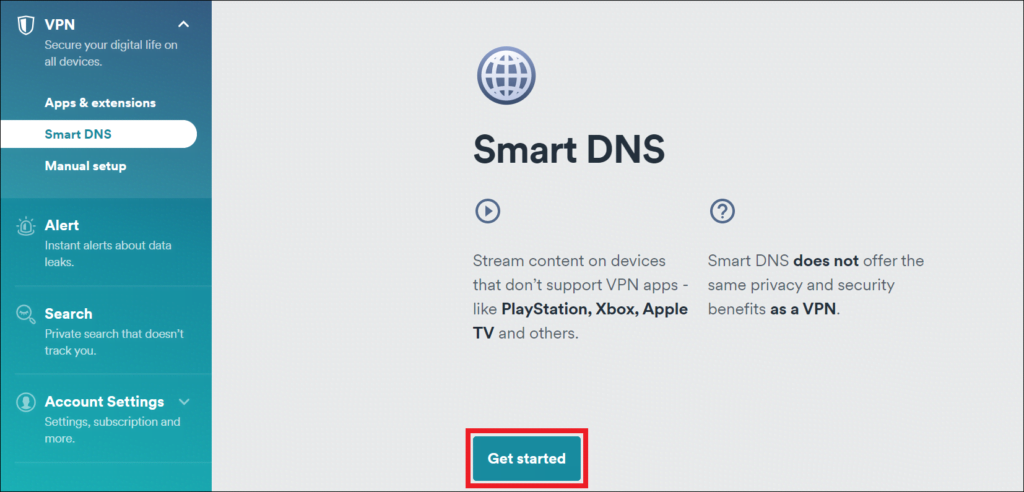
SmartDNS does not disguise your IP address, unlike proxies, so what does it mean in practice? SmartDNS enables you to change your device’s location to gain access to geo-restricted content.
It doesn’t use encryption, so that it can be faster than a VPN connection. It’s ideal for streaming movies, playing games, or working online without buffering when you want to. You won’t be blocked from accessing certain websites using SmartDNS.
Because you’re hiding your IP address, the site blocks you from accessing certain content. SmartDNS can work around this problem. However, it is not a foolproof solution for those seeking to boost their online security.
SmartDNS doesn’t conceal your IP address or encrypt your data, so it’s a superb option among other VPN alternatives for those who want access to geo-blocked material and websites.
2. ZERO TRUST NETWORK ACCESS SYSTEM
Data and applications are only accessible through a broker in a Zero-Trust Network Access system. These networks are designed with security and privacy in mind, and users must provide proof that they are employees or employers to gain access to them.
ZTNA is a technology that provides the basic functionality of a VPN while adhering to a zero-trust model. Large organizations with many users use these systems to prevent cybercriminals from infiltrating an entire network by limiting the verification they can provide.
ZTNA is used to access services and applications through an encrypted tunnel, thus keeping their IP addresses hidden as they would when using a VPN.
A zero-trust network trusts no one. Regardless of whether they have accessed a network resource before or not, all users are denied access to it.
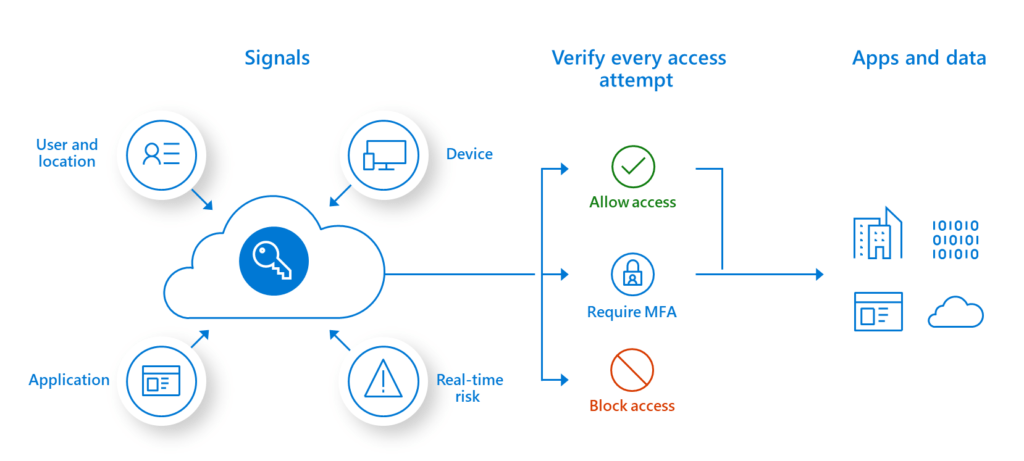
Because of the zero-trust model’s strict — but quick — authentication and verification process, it can be challenging to implement. It requires a bit more work to keep permits and authorizations updated, but you gain improved control over resources and a reduction in attack surfaces.
Thus, it is one of the best options among other VPN alternatives.
3. PROXY SERVERS
Before the popularization of VPNs, proxy servers were the primary means for internet users to conceal their IP addresses and stay safe online. Proxy servers function as intermediaries or gateways between you and the internet.
The server’s IP address receives your internet traffic, which is distinct from the proxy server. When you use a proxy, someone cannot find your IP address unless they trace the proxy server’s address. Proxies and VPNs are thus comparable.
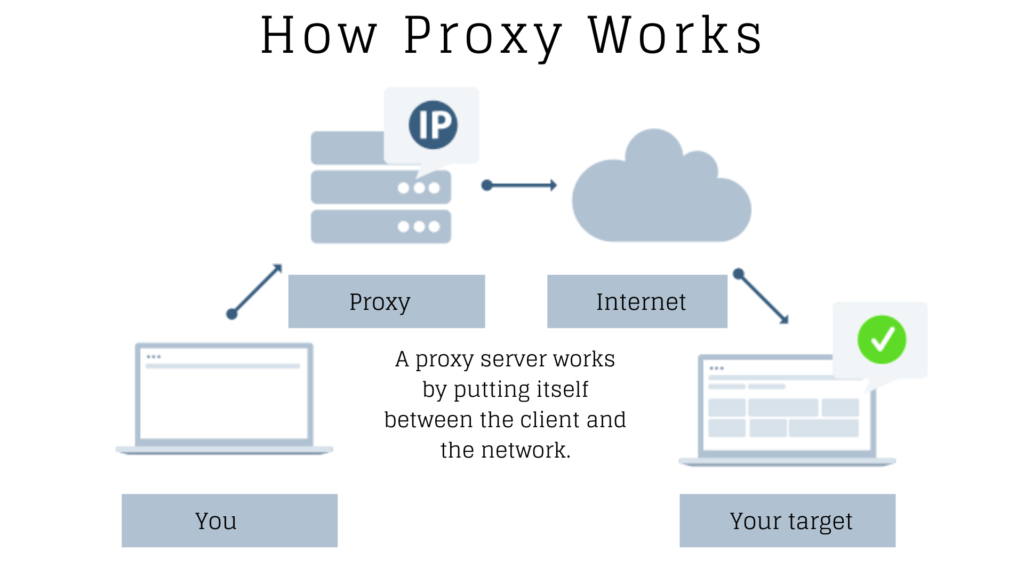
Proxies and VPNs differ in some fundamental ways. Firstly, whereas a proxy does not encrypt your internet connection, a VPN does. VPNs operate on an operating system level, whereas proxies operate at an application level.
VPNs encrypt every internet-connected application you use, but proxies cannot. For lower-risk tasks like accessing geo-blocked websites and content, proxies are ideal.
However, they are not suitable for high-security internet browsing. Because of cache data, proxies can remember sensitive personal information, like passwords, for good or for ill.
There are still a lot of absolutely free proxy servers around, as opposed to most trustworthy VPNs, which usually charge users a monthly fee. Of course, you may get discounts on VPNs, but these often require signing up for long-term contracts.
If you don’t desire to pay for the service and would like to access restricted websites in your country, a proxy service is an acceptable VPN alternative.
On the other hand, some individuals prefer to use private proxy servers that come at a cost.
Public proxies may be vulnerable to cyberattacks, which can degrade connection quality when many people are using them at peak hours. You may find that a private proxy is better for your needs compared to other VPN alternatives.
Many proxy servers are available at the moment, such as Bright Data, Oxylabs, and Scraper API.
Please make sure you research them before you begin using one, as plenty of proxies don’t function as expected and lead to poor connection speeds.
4. TOR
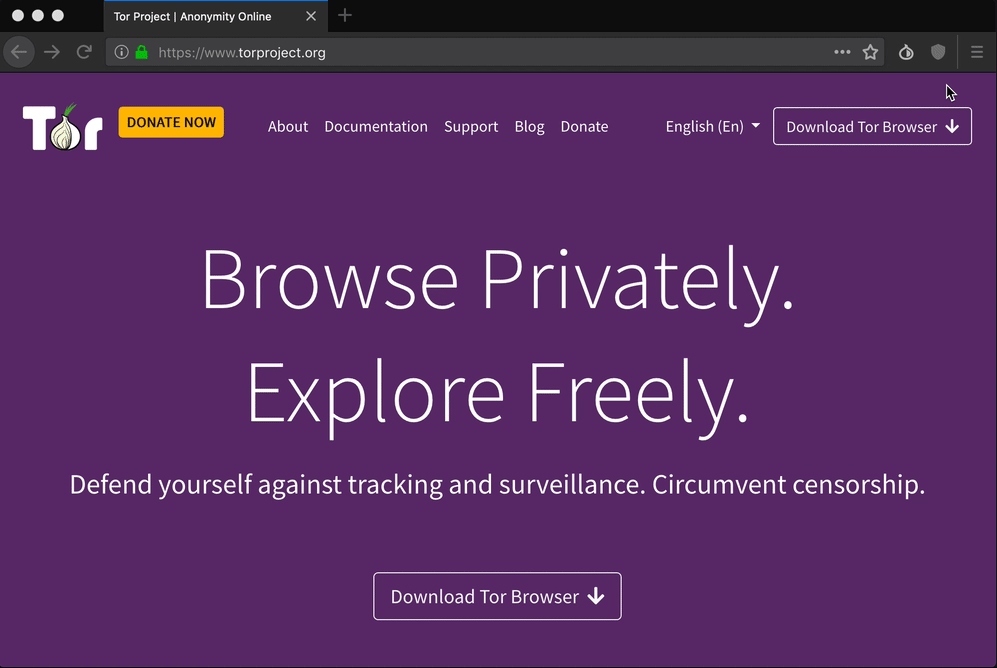
The Onion Router, also known as Tor, is an open-source anonymity service for the internet. The term “onion” in the name is a pretty obvious hint. Tor, similar to an onion, uses numerous layers of encryption to protect the data and maintain anonymity.
It has volunteer-operated servers that send the data across a relay network of over 7,000 relays distributed across the public network.
The servers on the Tor network function as nodes to bounce the traffic from sender to receiver in an encrypted manner.
The Onion Routing protocol encrypts the information (data and header) as it travels from sender to receiver, while the service relies on onion routing to anonymize the user.
Three nodes, known as entry, middle, and exit nodes, are used to send and anonymously receive traffic. The exit node impersonates the source, allowing the user to remain anonymous.
You can use Tor to bypass internet lockdowns, unblock geo-blocked content, and protect your internet activity from prying eyes, in addition to providing privacy and anonymity over the internet.
Because of this additional functionality, Tor is one of the best among other VPN alternatives.
5. LANTERN
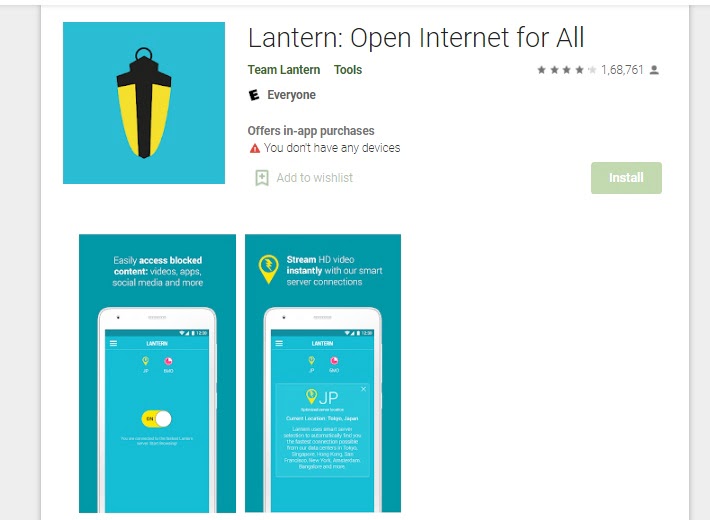
With Lantern, you can bypass censorships and firewalls to gain fast and secure access to blocked apps and websites.
Lantern asserts that it is unique from other solutions because it employs the fastest geo-optimized servers to provide faster browsing speeds, which allow you to watch HD content instantly.
By automatically switching techniques to bypass censorships and firewalls, you can have an uninterrupted streaming experience. Lantern’s servers are encrypted, ensuring your information stays secure as it travels across the internet.
Furthermore, you can get Lantern Pro if you want to access a few extra perks.
These perks are less-crowded servers for faster speeds, dynamic switching that automatically switches servers to guarantee a seamless and stable connection, unlimited data without limits, and the capability to connect up to three devices simultaneously.
However, unlike Tor, it does not provide internet anonymity. If you want anonymity, Tor is the solution.
WRAPPING UP
These VPN alternatives can help you protect your information on the internet by preventing your ISP from tracking your online activities, bypassing geo-blocked websites, and skirting internet censorship, among other things.
Using these services, you can perform several privacy- and-security tasks. However, you should be aware that these VPN alternatives, like any other service, do not offer a complete foolproof solution to all internet security and privacy issues.
As a result, the end-user must take extra precautions while investigating the internet.

